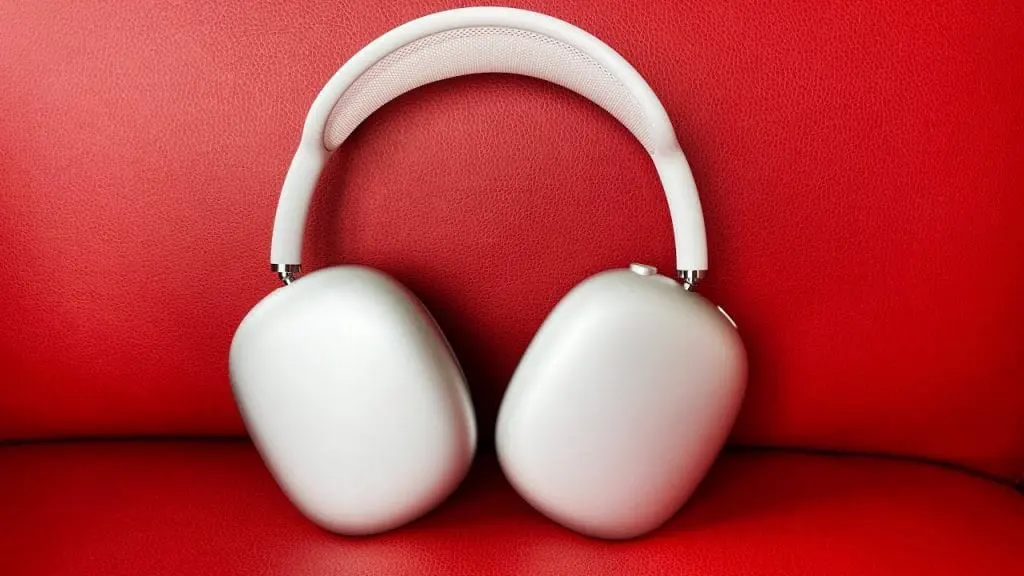This week, Ming-Chi Kuo indicated that an Apple smart home camera is expected to launch in 2026. The company is confident that this new accessory will attract significant interest, potentially selling millions of units annually.
Considering Apple’s approach of limiting its product lineup, if this report holds true, it suggests the company sees a strong opportunity in a competitive market. I believe an Apple camera will set itself apart primarily through its emphasis on privacy and Apple Intelligence.
HomeKit Secure Video
To date, Apple’s foremost contribution to the smart home camera market has been the introduction of HomeKit Secure Video (HSV).
Previously, consumers had to choose between local storage—usually on an SD card within the camera—and the cloud services provided by the camera manufacturer. Unfortunately, using the latter requires trust in the manufacturer to safeguard your footage, and past incidents give me little confidence in that.
HSV is distinct because it employs end-to-end encryption, ensuring that not even Apple can access your videos. Even in the event of a data breach, your footage remains protected from unauthorized access.
While an iCloud subscription is necessary, and unlimited camera support requires the 2TB tier, the video data does not count towards your iCloud storage limit.
For these reasons, I have long advocated that HSV compatibility should be a key criterion for selecting a smart home security camera.
Privacy Will Be Guaranteed with an Apple Smart Home Camera
It’s uncertain what added security a future Apple smart home camera could provide beyond what is already available with HSV-compatible cameras, but one significant advantage comes to mind.
As highlighted in our latest overview of HSV cameras, it’s crucial to ensure your camera is not simultaneously uploading data to its manufacturer’s cloud service. With an Apple camera, that concern vanishes: HSV will be the exclusive cloud storage option utilized.
In essence, while other HSV-compatible cameras offer the possibility of total privacy, users must actively configure those settings. An Apple camera, however, provides a complete privacy assurance right from the start.
(Naturally, Apple could choose to limit HSV support to discourage competing cameras, but I hope it won’t resort to such tactics.)
Apple Intelligence Will Be Integrated
We’ve noticed a steady incorporation of AI functionalities in smart security cameras.
Earlier models merely featured basic motion detection to activate recording. An indoor camera might react to a pet entering the room, whereas one outdoors could be triggered by environmental factors such as swaying trees or passing cars.
The initial AI enhancement involved person detection—where the motion sensor would activate recording if a human-shaped figure was detected in the area.
More sophisticated models introduced person recognition that can identify household members and avoid recording them, only capturing footage of unidentified individuals.
It’s likely that Apple’s smart home camera will build upon these innovations with enhanced Apple Intelligence features, promising a smarter home monitoring system.
Consider the capabilities of Visual Intelligence. An Apple camera may possess superior awareness of its surroundings compared to existing models.
For instance, it could identify a water leak under the washing machine or notice if a pet knocked over glassware and alert you to the hazard.
It might even recognize that your schedule indicates a trip to the gym while detecting your departure without your gym bag, prompting a voice notification.
Access to home calendars could allow it to, say, detect that a cleaner should arrive on a specific day but note they’re entering on an unrelated day, automatically activating recording.
Chances are it will feature extensive HomeKit integration, potentially recognizing you walking from your bedroom to the kitchen at night and triggering the necessary lighting.
As with all aspects of Apple Intelligence, its capabilities will likely improve over time, meaning the feature set available at launch will probably just be the beginning. While other security cameras may receive new features via firmware updates, Apple is expected to ensure greater HomeKit integration and sustained software upgrade commitments.
Would You Consider Purchasing an Apple Smart Home Camera?
We invite you to participate in our poll and share your opinions in the comments section.
Image of Xiaomi camera: Daniel ZH on Unsplash
: We utilize affiliate links that may generate income. More.



